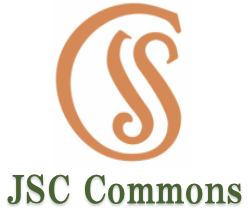JSC Commons is a project curated by JSC One, a SME based in Italy, addressing the EU’s policies for the green and digital transitions as well as for the associated transformation of the economy and society, with a focus on environmental R&I.
JSC One aims to tackle the need for better knowledge of ecosystems, looking at the EU Biodiversity, Forestry and Soil Strategies for 2030, the Circular Economy Action Plan and the HE implementation plans, also by supporting “living lab” projects.
It both promotes projects with a strong research component and sustains private investments in ecosystem services by delivering on its project management competencies.
The focus is mainly on technologies and systems, including remote and proximity sensing, for environmental applications such as ecosystem services assessment, sustainable resource management, and adaptation and restoration projects.
Contact:

John Douglas Stewart
Institutional & International Relations – JSC One
jd.stewart@jsc-one.com
